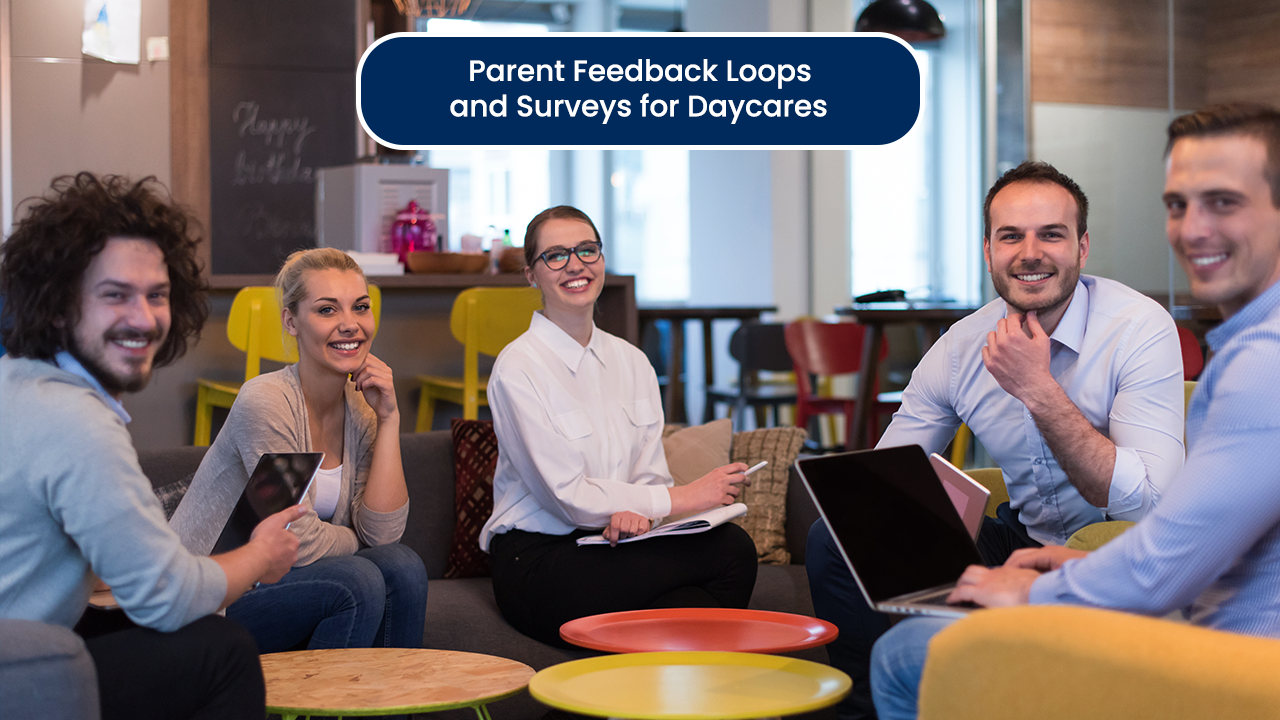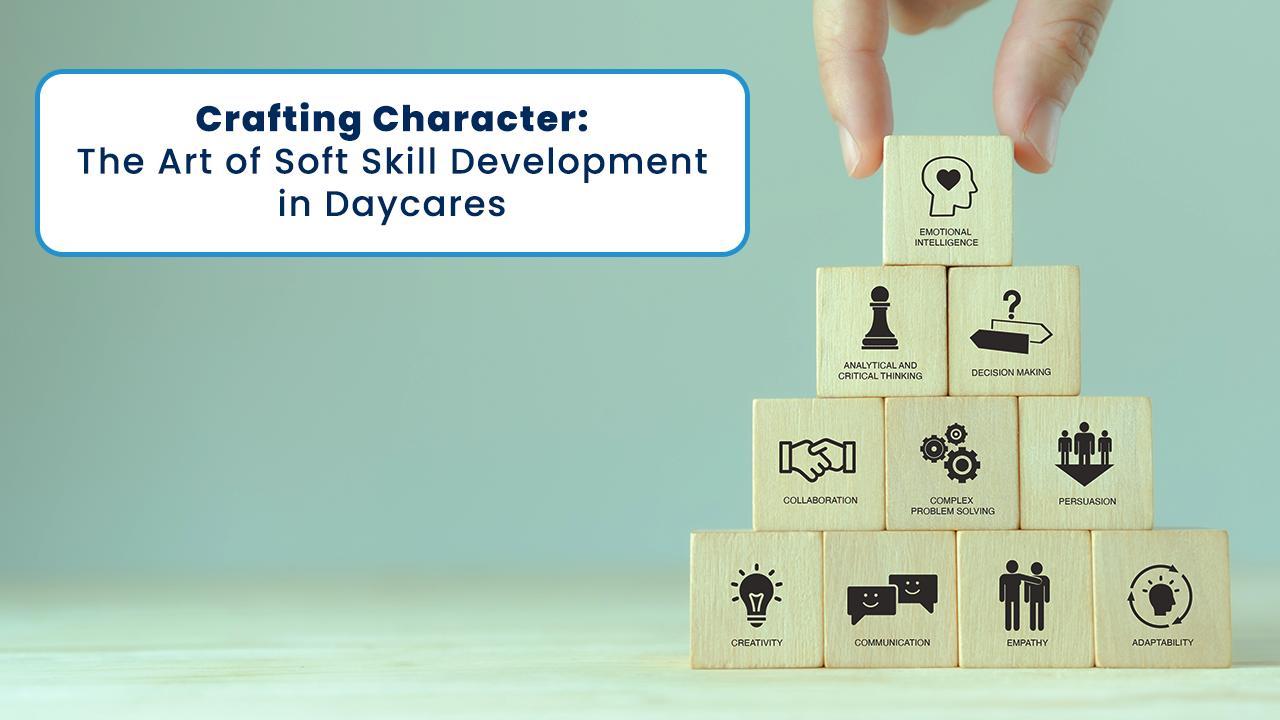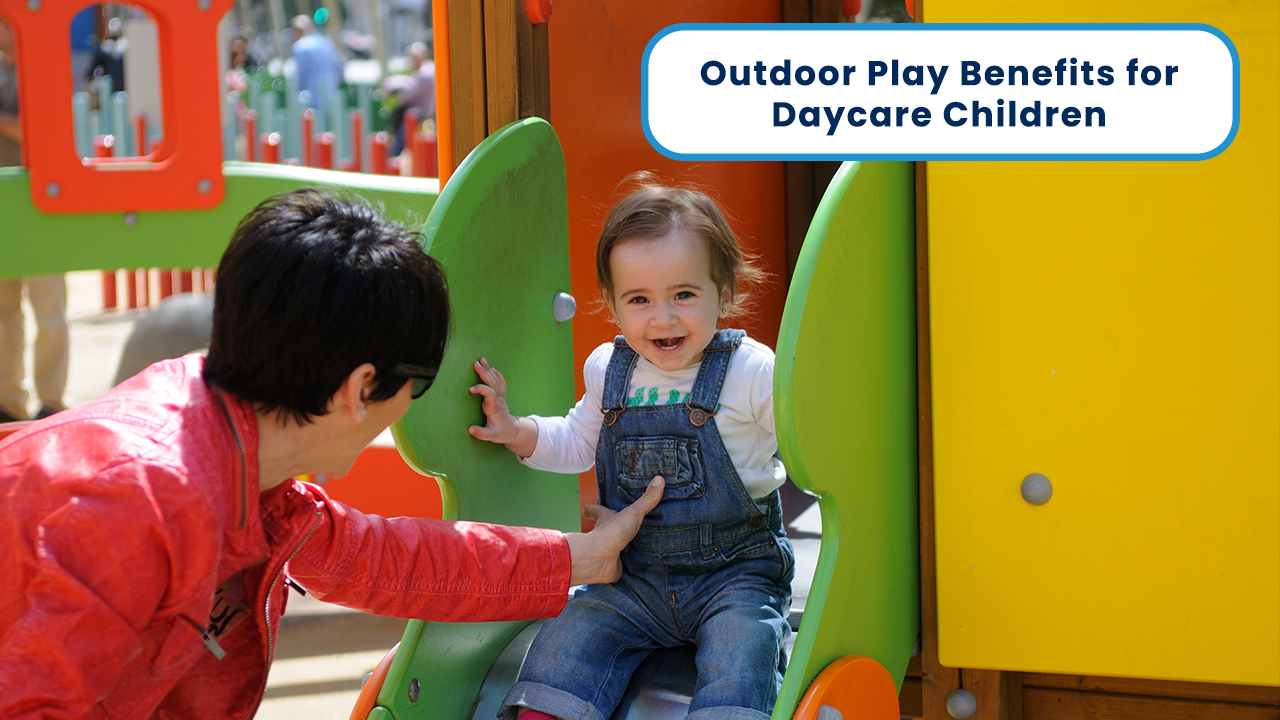
In the fast-paced and ever-evolving world of childcare, maintaining open lines of communication between parents and daycare providers is crucial. Parents entrust their children to daycare centers; ensuring their satisfaction and addressing their concerns should be a top priority. One effective way to achieve this is through parent feedback loops and surveys. This blog explores the importance of parent feedback loops and surveys for daycares.
Understanding Parent Feedback Loops and Surveys for Daycares
A feedback loop is a process in which information about a service is collected, reviewed, and acted upon to improve future performance. In daycares, a parent feedback loop involves regularly collecting input from parents regarding their experiences and satisfaction levels, followed by actionable steps to address their feedback.
The Importance of Parent Feedback Loops and Surveys for Daycares
Enhancing Communication
Feedback loops facilitate open communication between parents and daycare providers, creating a transparent environment where parents feel heard and valued. By regularly soliciting and addressing feedback, daycares can ensure that parents are informed and engaged, strengthening partnerships in caring for the children. This open dialogue helps to address any concerns promptly and keeps everyone on the same page regarding the child’s well-being. Read also effective Strategies to build parent communication.
Improving Services
Actively seeking and acting on feedback allows daycare centers to identify areas needing improvement and implement changes that enhance the quality of care and education provided. This ongoing process of gathering insights and making adjustments helps daycares stay responsive to families’ evolving needs and preferences, ultimately leading to higher standards of service and better outcomes for children.
Strengthening Relationships
Regular feedback from parents helps daycare providers better understand families’ needs and preferences, fostering more robust and collaborative relationships. When parents see that their input leads to positive changes, it builds trust and a sense of partnership. This collaboration is crucial for creating a supportive environment where children and their families feel connected and cared for.
Ensuring Child Safety and Well-being
Parents can provide valuable insights into their child’s behavior and needs, which can help daycare staff tailor their approach to better support each child’s development and well-being. Daycare centers can create more personalized and effective care strategies by integrating parental feedback into daily practices, ensuring every child’s unique needs are met in a safe and nurturing environment.
Boosting Parental Satisfaction and Retention
Implementing feedback loops can significantly boost parental satisfaction by demonstrating that the daycare values their opinions and is committed to continuous improvement. When parents see their feedback taken seriously, resulting in tangible changes, their overall satisfaction with the daycare increases. This enhances their trust and loyalty and contributes to higher retention rates, as satisfied parents are likelier to keep their children enrolled and recommend the daycare to others.
Driving Innovation in Childcare Practices
Feedback loops are a powerful catalyst for innovation in childcare practices. By regularly gathering and analyzing parent feedback, daycare centers can identify emerging trends, new needs, and potential areas for creative solutions. This ongoing input encourages daycares to think outside the box and adopt innovative approaches to enhance their services, curriculum, and activities. Embracing these innovations improves the overall quality of care and positions the daycare as a leader, attracting more families seeking cutting-edge childcare solutions.
How to Implement Parent Feedback Loops and Surveys for Daycares
Establish Clear Channels for Feedback
Creating multiple avenues for parents to share their thoughts is essential to gathering comprehensive and ongoing feedback. Regular surveys, suggestion boxes, parent-teacher meetings, and open-door policies provide different ways for parents to communicate their experiences and concerns. These varied channels ensure that parents can choose the method they are most comfortable with, leading to more frequent and honest feedback.
Design Effective Surveys
Surveys should be thoughtfully designed to elicit valuable and honest feedback. Keeping surveys short and straightforward encourages more parents to complete them. Clear and specific questions help avoid confusion and ensure the feedback is actionable, while open-ended questions allow for detailed insights. Ensuring anonymity can also lead to more candid responses, giving daycare providers a clearer picture of parent satisfaction and areas for improvement.
Act on Feedback
Collecting feedback is only the first step; the real value lies in how the feedback is utilized. Analyzing the data to identify common themes and specific issues helps make informed decisions. Communicating the actions taken in response to feedback shows parents that their input is valued and leads to positive changes. Following up with parents after implementing improvements ensures that the changes meet their expectations and resolve ongoing issues. Read also about using feedback to drive better communication in daycares.
Provide Timely and Transparent Communication
Timely and transparent communication about how feedback is addressed is crucial for maintaining trust and credibility with parents. After gathering feedback, daycare providers should promptly inform parents how to address their concerns and improve services. Regular updates on the progress of these changes and an open dialogue about any challenges faced demonstrate a commitment to accountability and responsiveness. This transparency reassures parents that their input is valued and contributes to a collaborative effort to enhance the daycare experience for their children.
Foster a Culture of Continuous Improvement
Embedding a culture of continuous improvement within the daycare means regularly reviewing and updating practices based on parental feedback. This proactive approach not only addresses current concerns but also anticipates future needs. Encouraging staff to be open to feedback and to view it as an opportunity for growth helps maintain high standards of care and responsiveness, benefiting both children and their families.
Conclusion
Parent feedback loops and surveys are essential tools for daycare centers striving to provide the best possible care for children. Daycares can continuously improve their services by actively seeking and responding to parental input, building stronger family relationships, and ensuring a nurturing and safe environment for every child.


